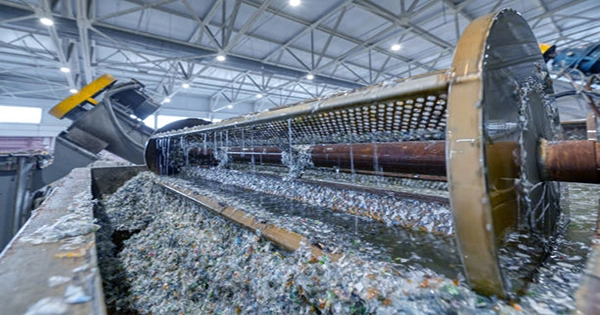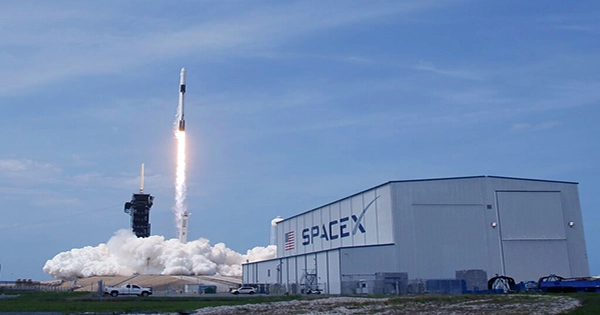For the past 30 years, we’ve been told to reduce, reuse, and recycle. The majority of personal care brands barely make it into the third of those environmental safety nets, but Uni is taking on the industry to alter that. The fact that plastic is cheap and plentiful is a terrible misfortune; the financial cost of the material does not represent the environmental impact of that shampoo bottle. Plastics wind up in the oceans or landfills in one-third of cases.
When they do, decomposition takes about 450 years. PET plastic is the most common, and while scientists are working on enzymes to shorten its 450-year life span to just a few days, it would be far better if we could use less, refill our bottles, and recycle properly. Uni has created a new line of at-home consumables that combines both of these concepts.
They may be onto something with well-designed, high-quality dosing pumps to administer personal care items, high-quality, washable aluminum refill bottles, and a goal to return those bottles to wash and refill them. The products are high-end cosmetics, and the brand contains a wide range of products. There’s a hand wash with an exfoliant that makes your hands feel like they’re being washed with fine-grit sand. It reminded me of the industrial cleaners you use to remove horrible grease off your gloves, only it smells nice and doesn’t feel like you’ve attacked yourself with a bag of sand, as someone who spent a lot of time in workshops.
A body serum (I believe it’s a lotion), shampoo, conditioner, and a “skin protection” body wash round out the remainder of the collection. Paying upwards of $25 for a 12.5 fl. oz (375ml) bottle of hand wash looked a little steep to someone who normally hunts around for a $0.29 bar of soap. For $179, you can get the entire five-bottle beginning set, which includes five dispensers.
Uni’s goods include “Uni Marine ComplexTM; Uni’s unique combination of marine actives and ingredients with a 24-hour moisturizing effect,” which I believe isn’t Uni’s target market. The products are said to contain “super plants” that give anti-oxidants and vitamins while being ethically derived from environmentally sustainable resources and components that are safe for the environment. In other words, that bar of soap created from industrial chemicals and a steadily diminishing will to life is probably better for both you and the earth.
TechCrunch would be crazy to let me conduct skin care product reviews, so that’s not the point of this piece — the products are fine, I’m sure — what I’m enthusiastic about is that the firm is attempting to address the CPG industry’s climate and environmental impact.
Compared to plastic, aluminum has a few advantages: When the bottles approach the end of their useful life, they are completely recyclable, and the robust bottles can be refilled and reused multiple times. Any consumer packaged goods (CPG) company faces logistical challenges, and the question becomes how a small startup manages a complex supply chain that includes not just product manufacturing but also customer return logistics.
“It’s easier as a startup than it is as an established corporation.” As a startup, we have the freedom to design the system the way we want it from the start. “We had to think about everything,” Alexandra Keating, Uni’s founder, and CEO said. “We created the products to operate in aluminum; we knew what we were getting into and designed around it.”
“If we’re lucky enough to acquire the appropriate strategic investment, firms like ours will wind up driving a lot of this innovation.” The physical logistics were the most difficult to figure out; they had to be cost-effective and efficient. A lot of it is dependant on where you are. All of our washing facilities, co-packers, and labs are located in New Jersey.”
















